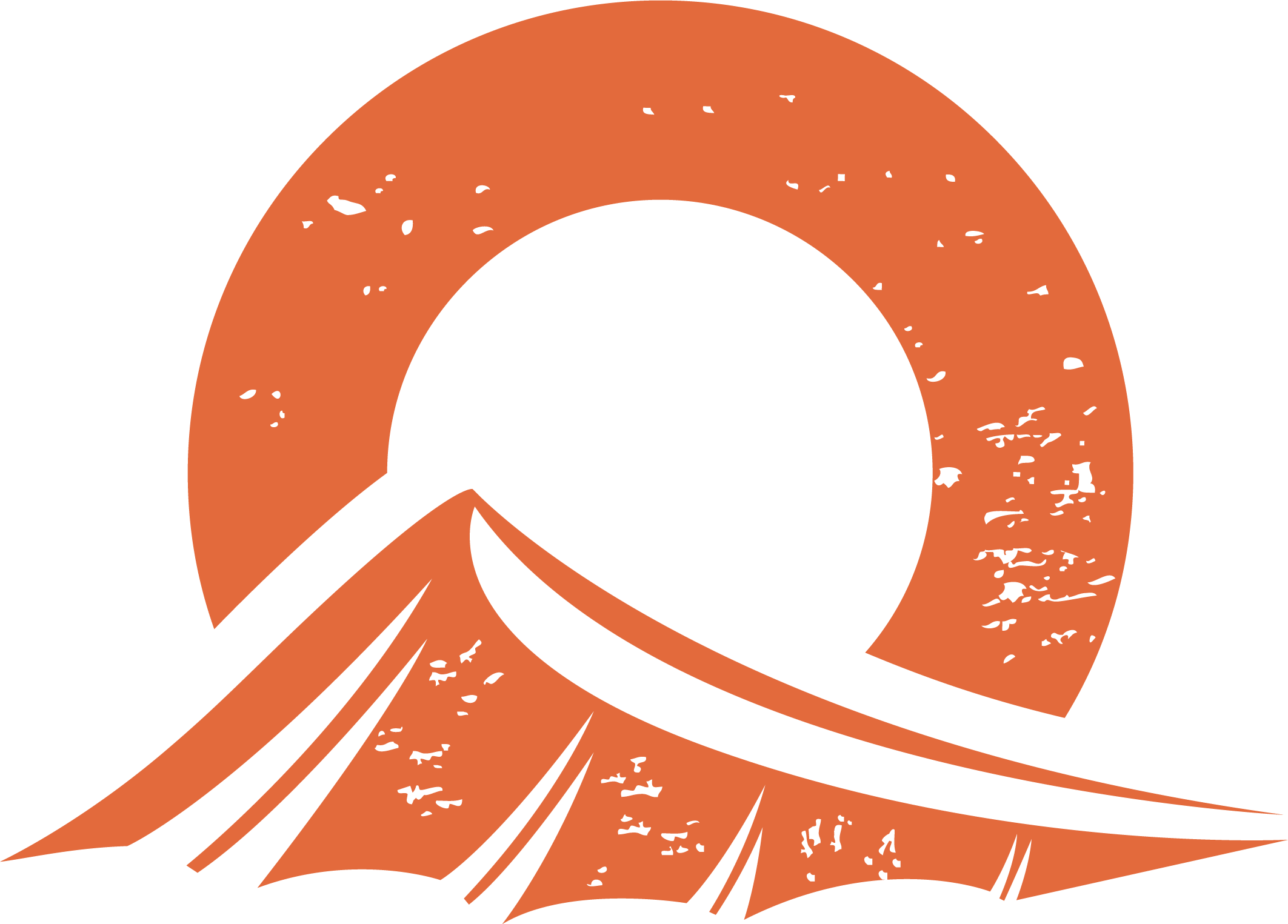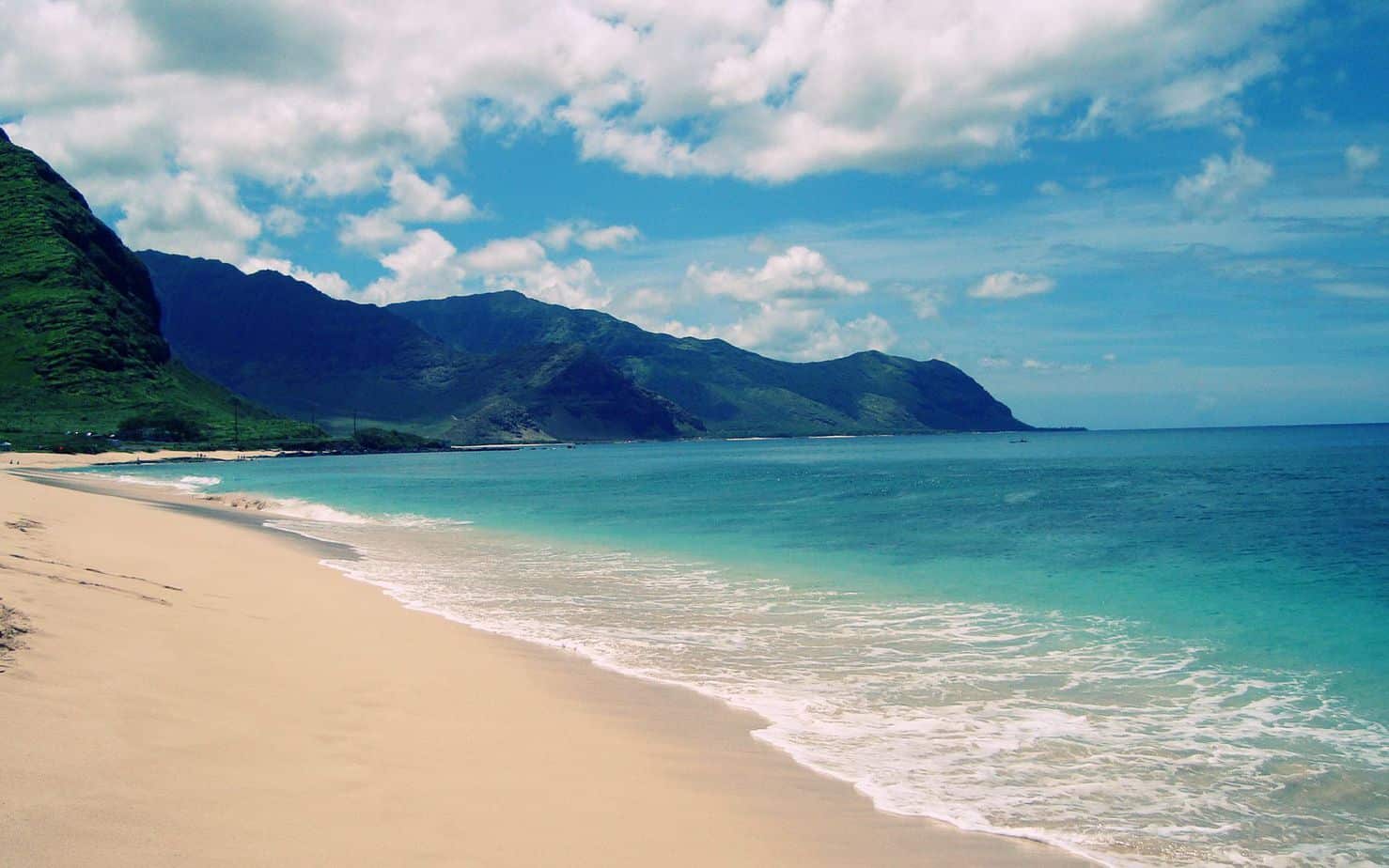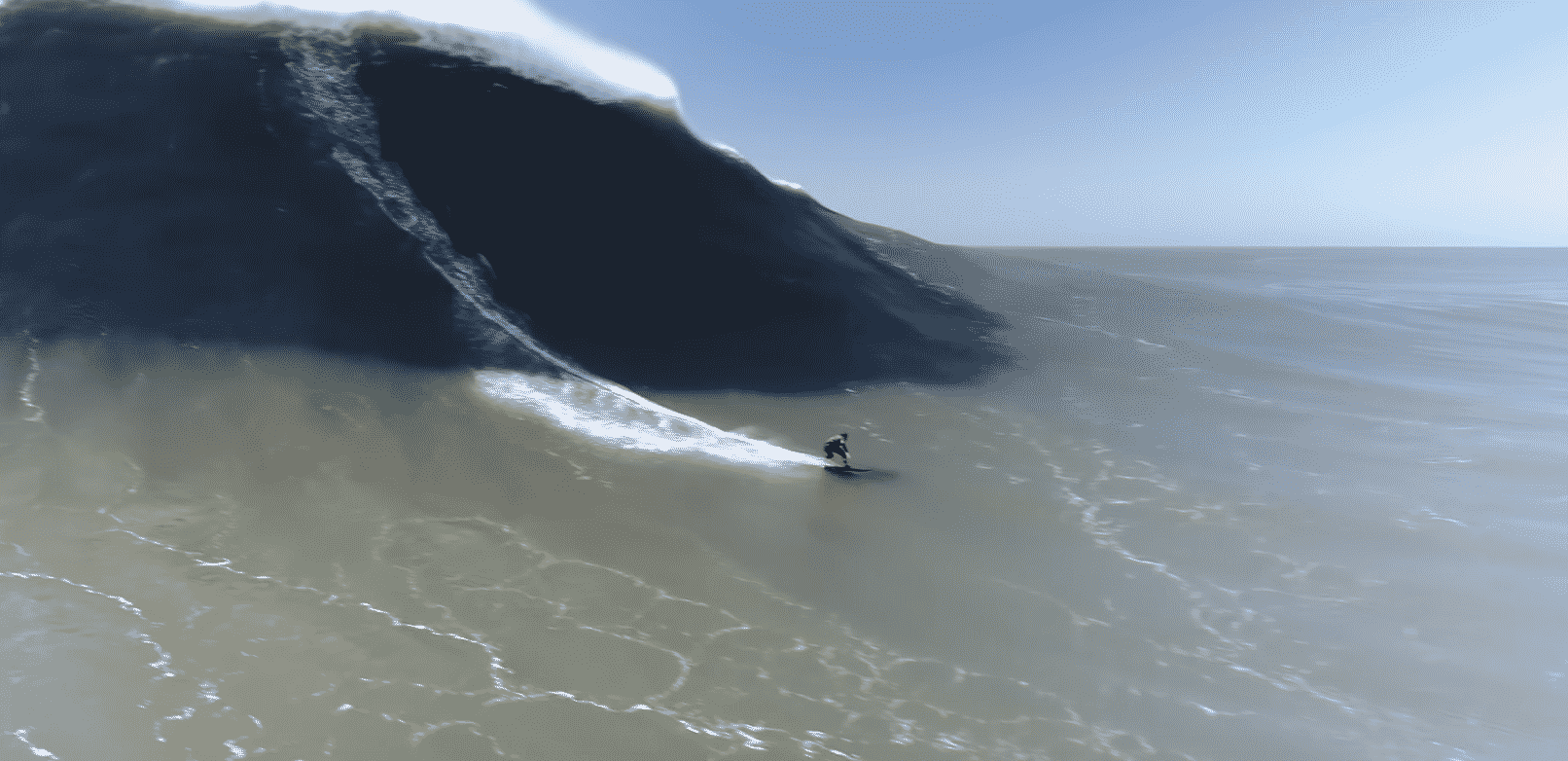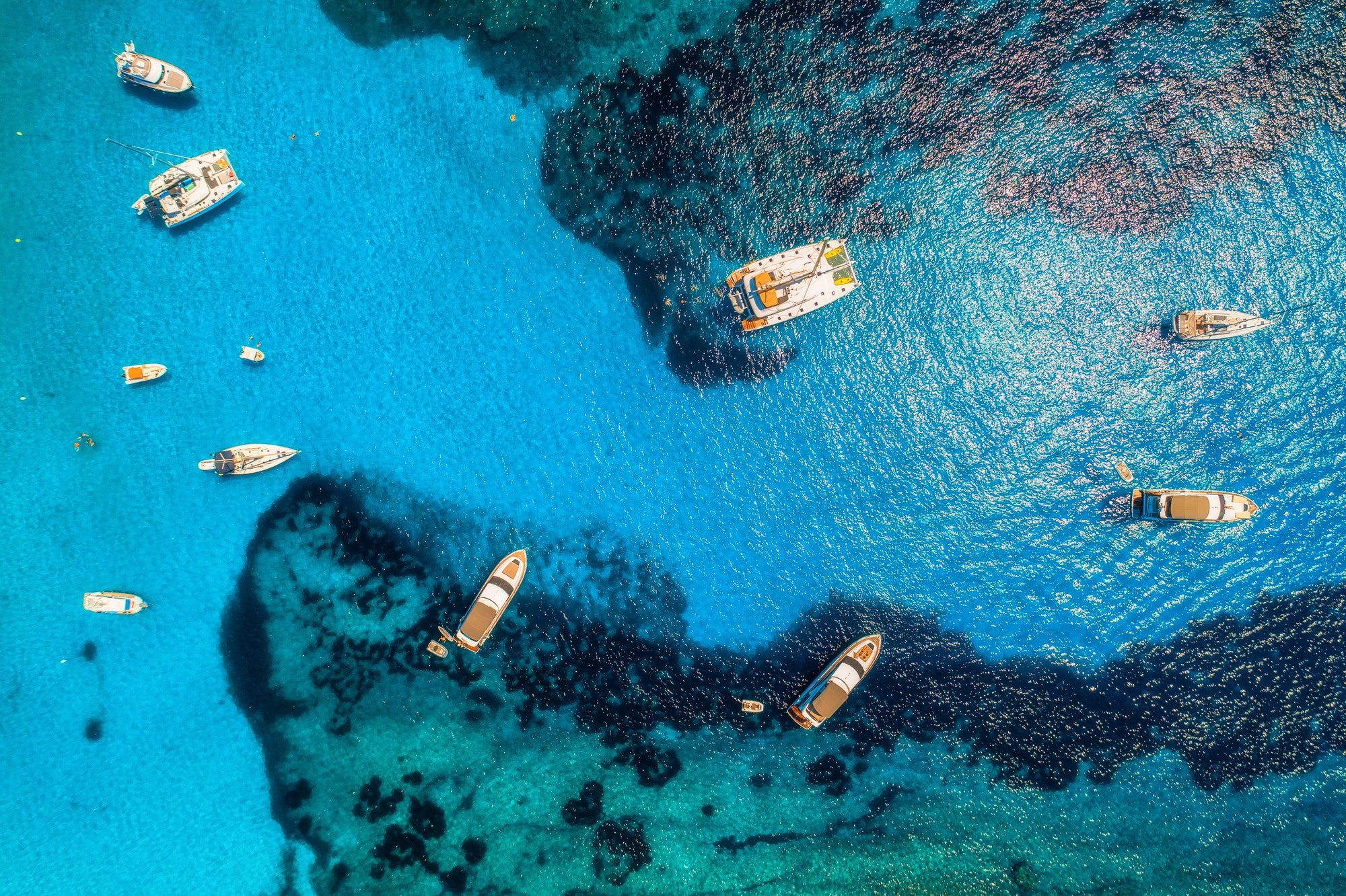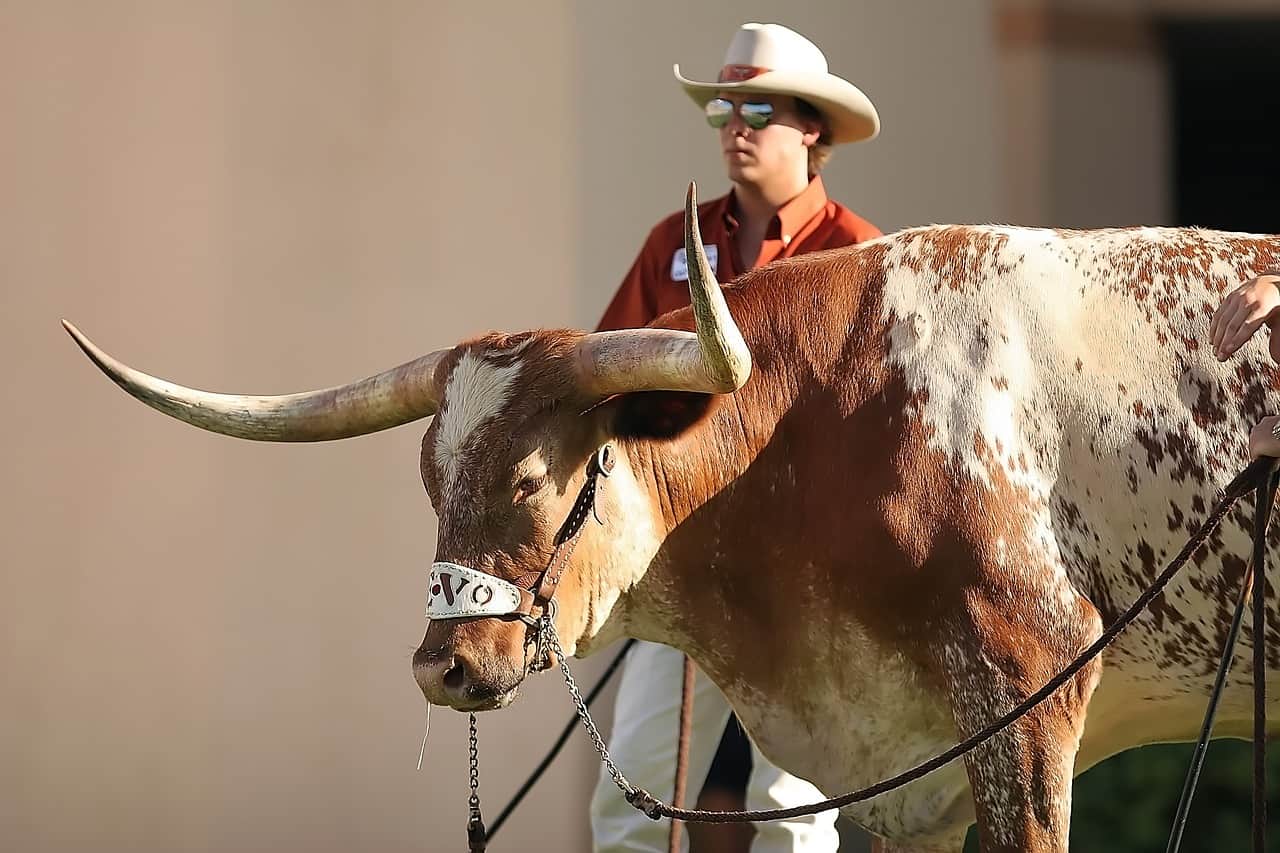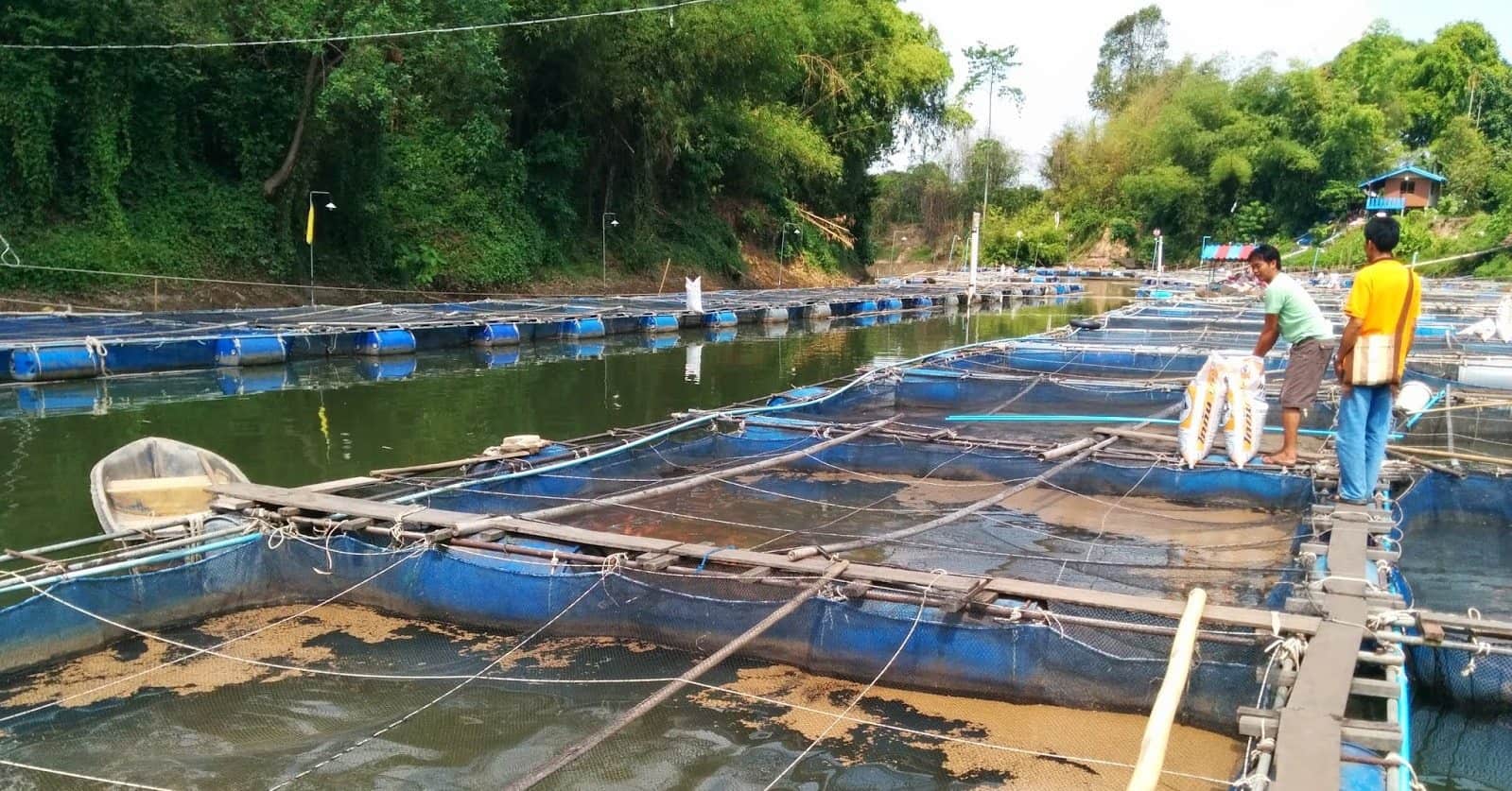
Tilapia is a fish that may be hated just as much as it is loved. While it’s true that there are numerous fish and seafood options out there that are considered to be far more delicious, you can buy tilapia dirt cheap, which may be part of the problem.
While the popularity of the fish can be attributed to its affordability, the reason it is so cheap is due to how heavily the fish is farmed.
“One of the reasons for the popularity of tilapia is that they are short-lived and primarily vegetarian and therefore do not accumulate substantial amounts of mercury by consuming other fish, as other common predatory food fish (such as tuna) do,” according to Snopes. This mean that feeding the fish is cost efficient because they eat low on the food chain.
Easy farming doesn’t make the fish bad, it’s the practices of farming the fish. China is a huge supplier of farmed fish in general, including large quantities of tilapia. Unfortunately, many of the fish farms wouldn’t leave you feeling hungry for seafood, at least nothing they’ve touched.
“One of the issues with tilapia farmed in China is that smaller, independent farmers face economic pressures to use animal manure rather than more expensive commercial feed for farmed fish, a practice which contaminates water and makes the fish more susceptible to spreading foodborne diseases.
It is enough to make you throw up. Some foreign workers have to wear masks as they work in these places, because the food is so rotten and filthy, it makes them want to throw up. Many of their Fish on Fish Farms are fed Raw sewage daily. He said he has seen so much filth throughout their food growing and processing that he would “never” eat any of it. They raise this filth, put some food coloring and some flavorings on it, then they ship it to the USA for YOU to consume and feed to YOUR families. They have no Food & Safety Inspectors. They ship it to you to buy and poison your families and friends.” – Snopes
Buying fish that are fed raw sewage isn’t high on my priority list. While it’s true that tilapia covers several types of different species of cichlid fish, it’s not just fish that fall under the tilapia umbrella that are potentially harmful. Any fish species from farms without regulations or inspection runs the risk of having been raised under less than ideal circumstances.
One of the issues with tilapia farmed in China is that smaller, independent farmers face economic pressures to use animal manure rather than more expensive commercial feed for farmed fish, a practice which contaminates water and makes the fish more susceptible to spreading foodborne diseases.
It’s hard to believe that a relatively lean fish like tilapia is worse for you than bacon and doughnuts like some studies have shown, while others disagree avoiding farmed fish is your best bet to avoid any of the potential harmful effects that could come with consuming it.
An overabundance of farmed fish can hurt the ocean and it’s necessary to take precautions and be aware of where your food is coming from. A National Geographic article from June 2013 explains why farming isn’t always ideal:
“We’re actually taxing the oceans every time we eat farmed salmon instead of relieving it,” said Sharpless. “Aquaculture should add edible protein to the world, not reduce it.”
But, in a wrinkle on this theme, “farming shellfish is a responsible practice,” he said. That’s because oysters, mussels, and clams are all filter feeders that don’t compete for food people can eat.
“They produce healthy, edible protein at a net gain and help clean the oceans in the process. They’re an ally in ocean conservation and people should really eat as much of these as they can stomach,” said Sharpless.
Still, he added, “As appealing as farming our way to abundance may sound, we should be focusing on ensuring that the oceans can produce more and more wild fish on their own… It’s a truly renewable wild resource if we manage it properly.”
When it all comes down to it, there’s nothing wrong with eating farmed fish if it has been farmed properly. If buying farmed fish is the only way for you to get fish that day, and you’re craving fish, go for it. If you have a local fish shop with an daily fresh catch, ideally, even better. But if you have a rod and reel, a body of water and maybe even a boat, nothing beats the experience and nothing tastes better than hooking a big one and having it on your plate and in your stomach within the hour.
